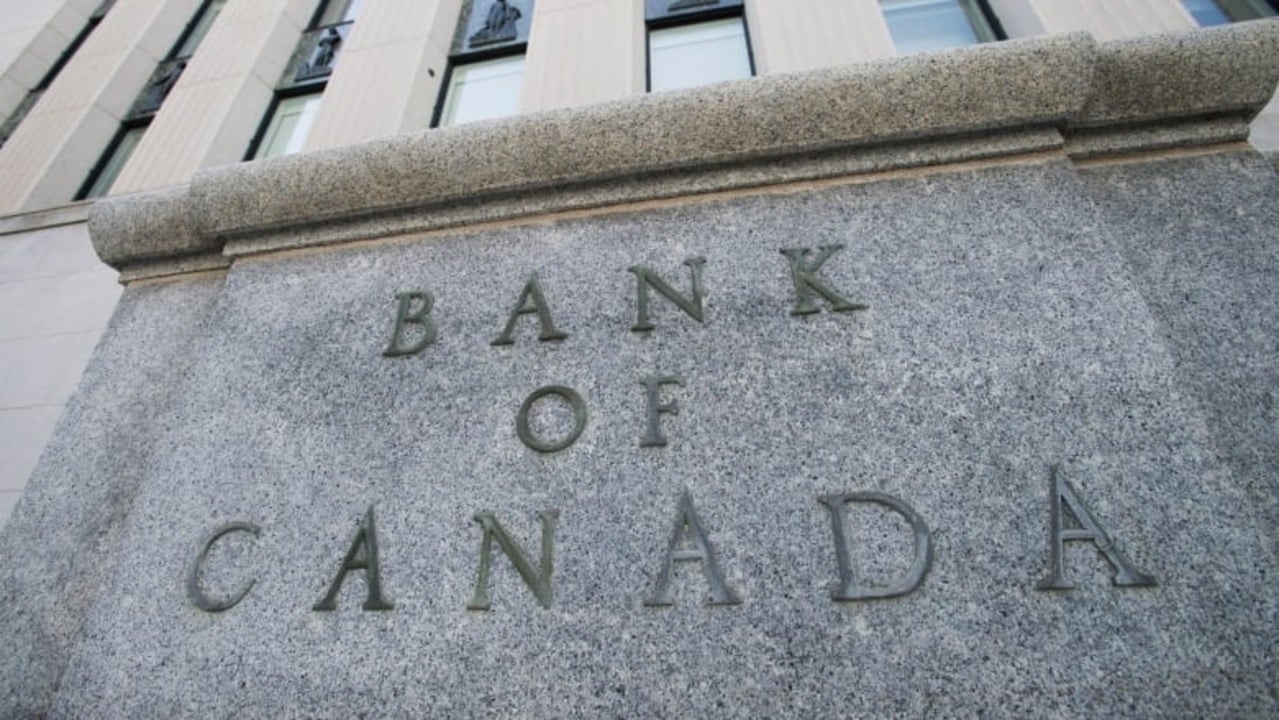Bank of Canada Says Volatility is the Biggest Obstacle For Cryptocurrencies Acceptance as Payment

The Bank of Canada in a statement on Thursday said they are keeping a track of the crypto markets in the country amid surging popularity over the past year. Canada has become a budding ground for the launch of key crypto investment vehicles after it became the first country to approve both Bitcoin ETF and Ethereum ETF.
The Canadian Central Bank also said that despite the growing popularity of these digital assets they are still far from being used and accepted as a form of payment because of the high volatility in their price.
“Price volatility stemming from speculative demand remains an important obstacle to the wide acceptance of cryptoassets as a means of payment,”
The Central Bank then talked about the importance of stablecoins and how it can trump major volatility issues with the mainstream cryptocurrencies such as Bitcoin and Ether. The focus towards stable coin arises from the growing competition among central banks of different countries to launch their own soverign digital asset and Canada is also in the process of developing one. The bank said,
“Unless stablecoins are backed exclusively by Canadian dollars, their widespread adoption could inhibit the Bank’s ability to implement monetary policy and act as lender of last resort,”
Central Banks are Racing to Develop and Launch Their CBDC
The CBDC race among central banks is a direct result of China’s progress in the field. The Chinese government started work on their national CBDC as early as 2014 when a majority of the nations were not even aware of cryptocurrencies. After nearly 6 years of development, the digital yuan is currently in a mass testing phase where it is being used by millions of citizens for specific purposes and a countrywide launch is expected soon.
The progress of China has forced many European and Western nations to accelerate their development process as they view the Chinese digital Yuan as a potential financial threat.
- Crypto ETF Issuer Grayscale Files S-1 for Binance Coin (BNB) ETF With SEC
- Did GameStop (GME) Capitulate? Retailer Moves All Bitcoin Holdings to Coinbase in Potential Sell-Off
- Binance Applies For EU MiCA License In Greece
- Kansas Advances Bitcoin Reserve Proposal as States Explore Digital Asset Funds
- $5T UBS To Offer Bitcoin and Crypto Trading as More Banks Expand Into Crypto
- Bitcoin and Gold Outlook 2026: Warsh, Rieder Gain Traction in Trump’s Fed Pick
- PEPE Coin Price Eyes 45% Rebound as Buyers Regain Control on Spot Markets
- Pi Network Price Prediction: Will PI Coin Hold Steady at $0.18 Retrace Lower?
- Dogecoin Price Prediction as 21Shares Announces DOGE ETF
- GME Stock Price Outlook as CEO Ryan Cohen Buys Shares Amid Store Closures
- Bitcoin Price Outlook as US Senate Delays CLARITY Act Again

















